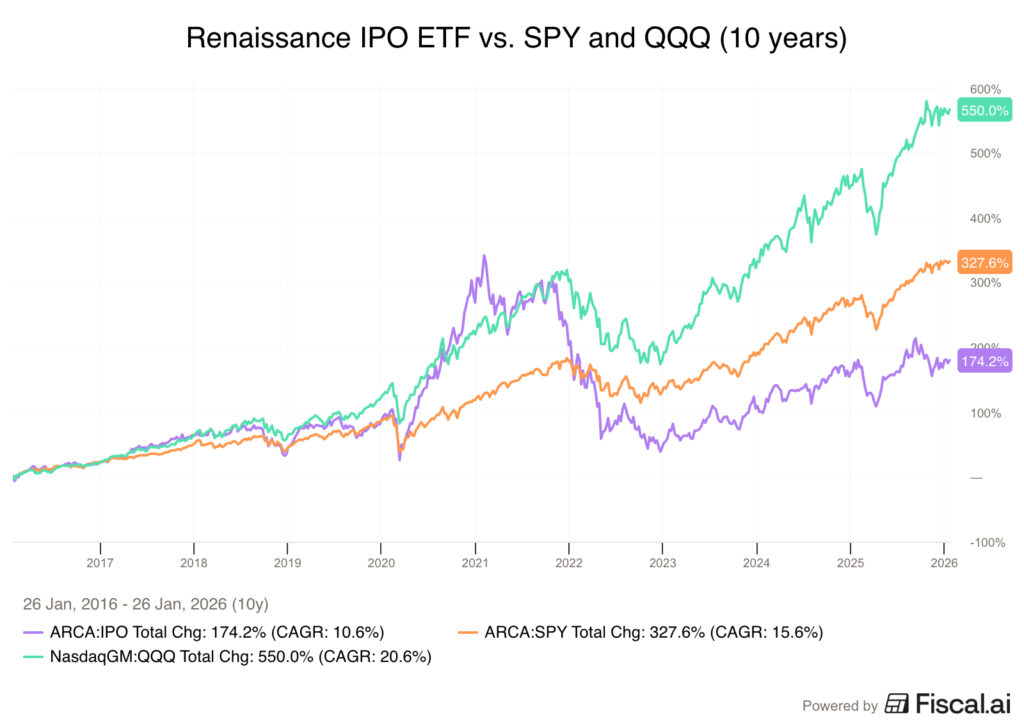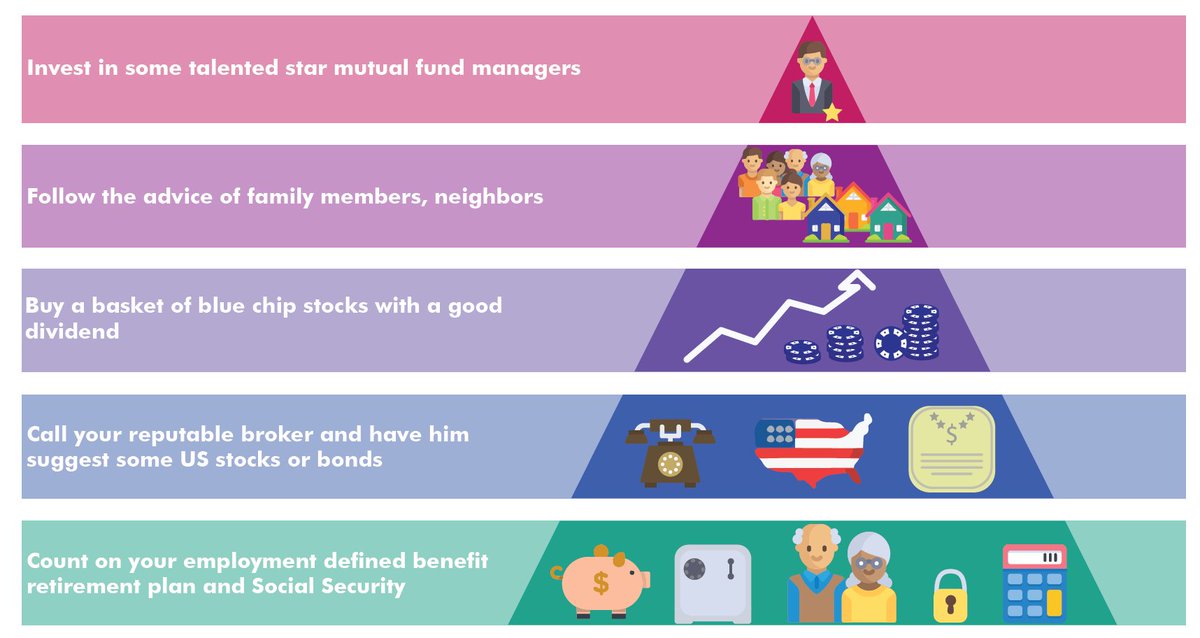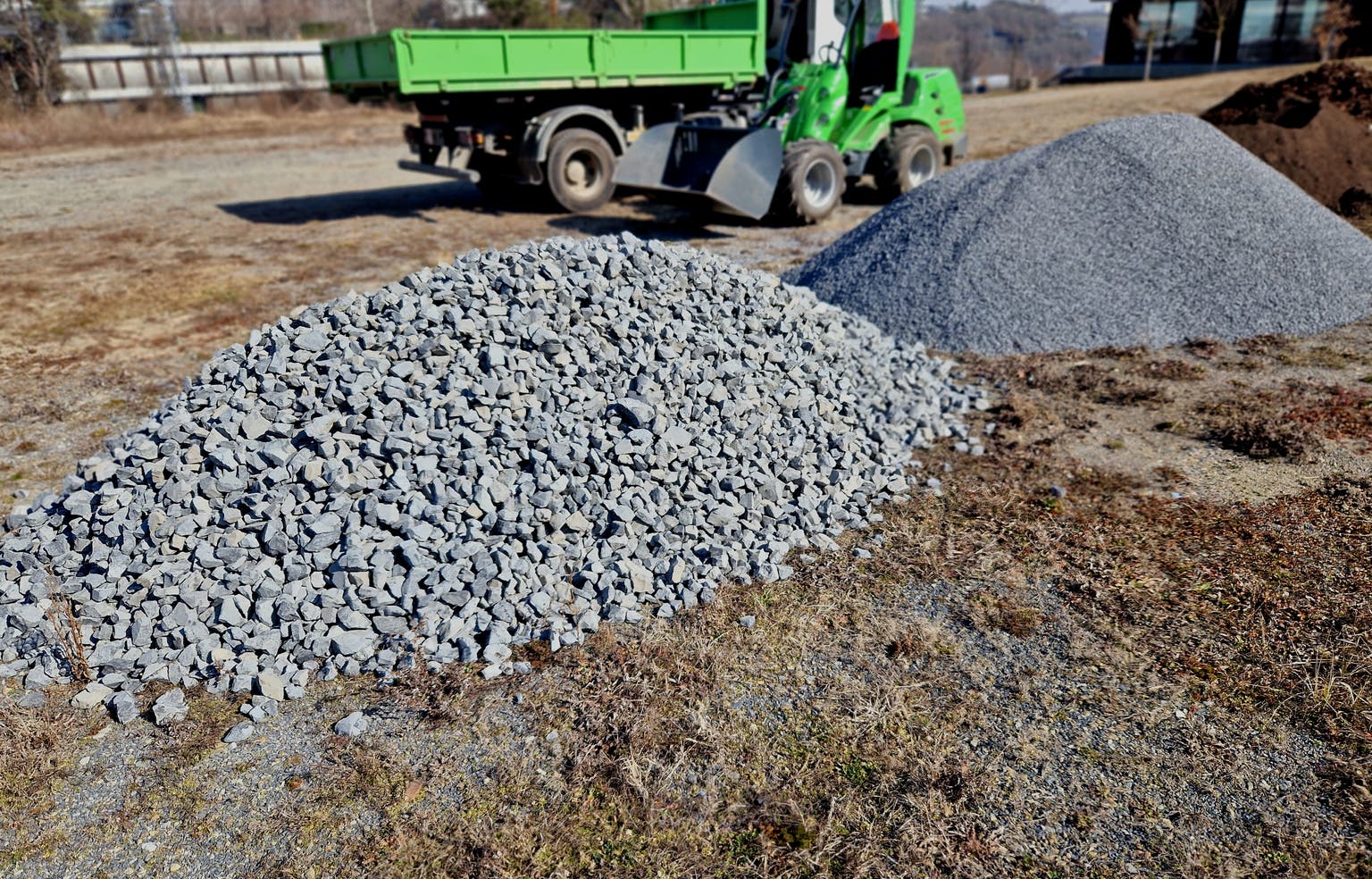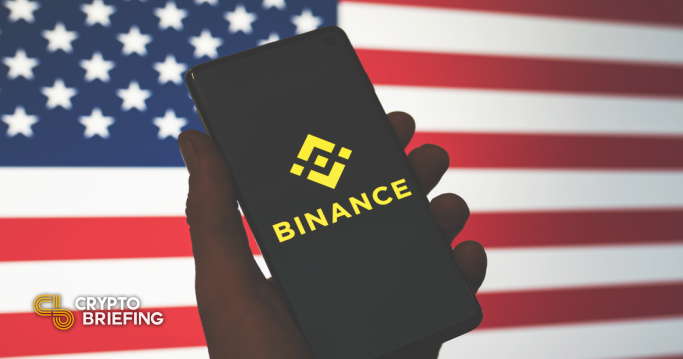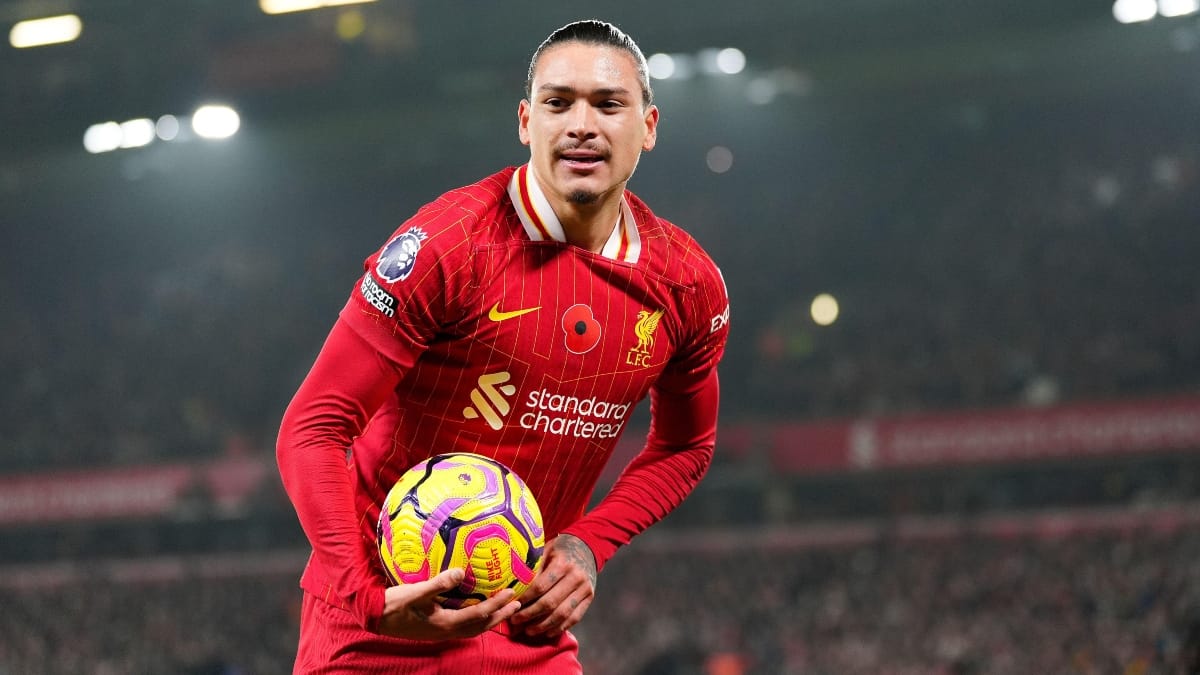Source: https://fred.stlouisfed.org/series/PSAVE
It hasn’t been this low since 2009. Does this mean that people are running out of money to spend? Hence, we could see inflation slow down now because people can’t afford excessive purchases anymore. People have exhausted their covid money and then some.
The $4.8 trillion during covid was caused by people’s fears of the economy collapsing so they saved, stimulus checks, and the lack of things to spend their money on due to stay-at-home orders.
Also, it’s quite shocking to see how Americans are able to spend their money so fast. It’s as if people thought the boom was going to last forever and that they weren’t ever going to run out of money. The average American can’t seem to see beyond the next 3 months. Personally, my savings have actually increased because I didn’t believe this boom would last forever.
There is a theory on inflation that suggests inflation is partly psychological and not based in reality. People and businesses just expect inflation after a while so workers continuously ask for higher wages which in turn causes businesses to charge higher prices. Here, we can see that people actually have less money now to spend than in 2009. To break this cycle, the fed needs to provide an interest rate shock like what Volcker did.
The main question is: is there a correlation between personal savings and inflation? Another question is if personal savings is now so low, why are people still spending so much? Is is because of their gain in home equity (which is still far above 2019) that is making people “feel” rich?


